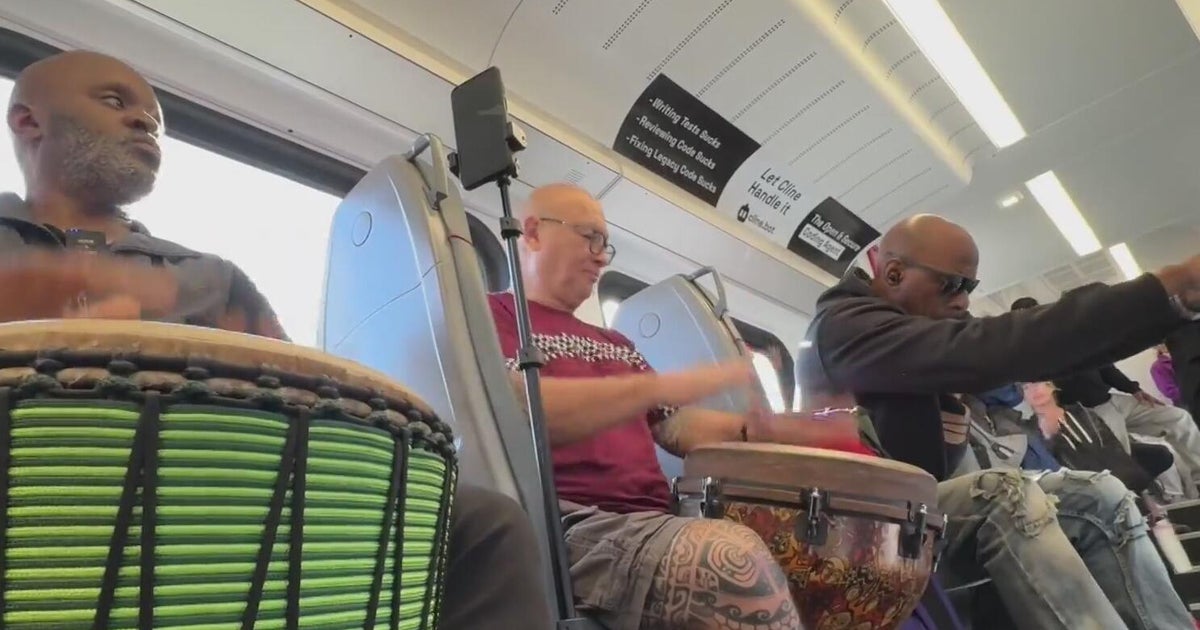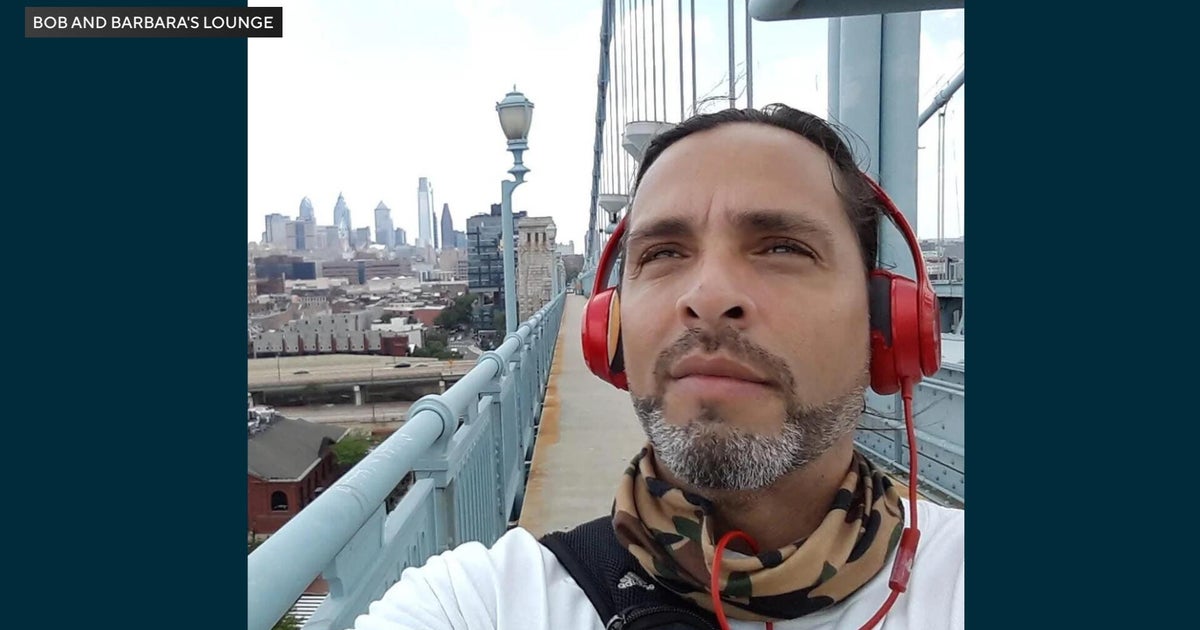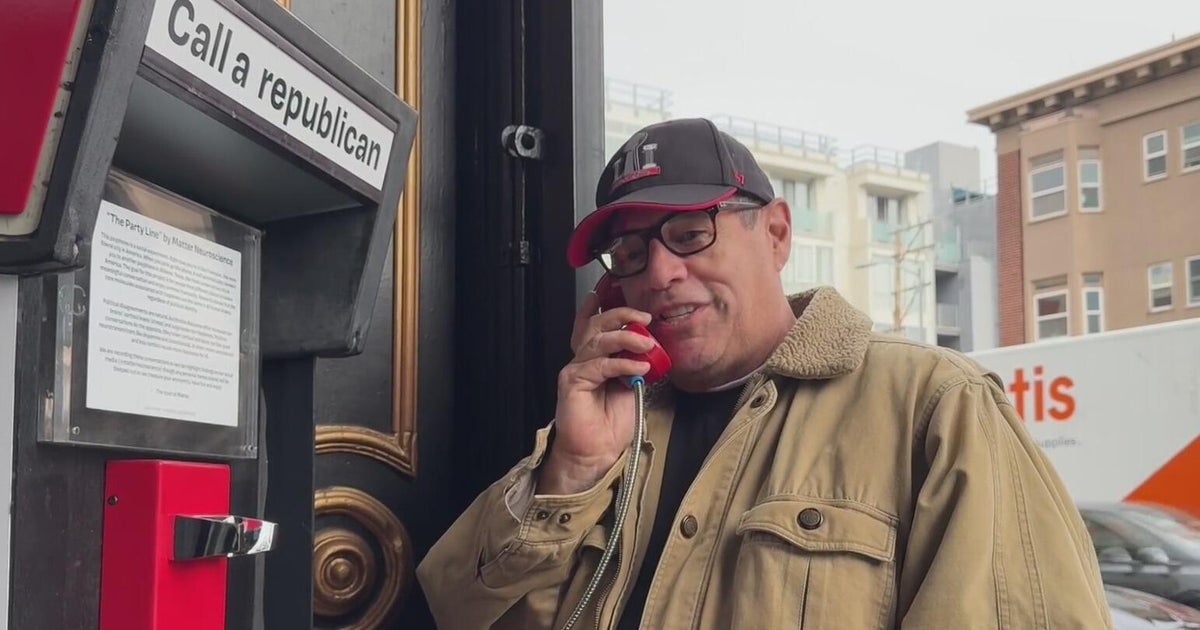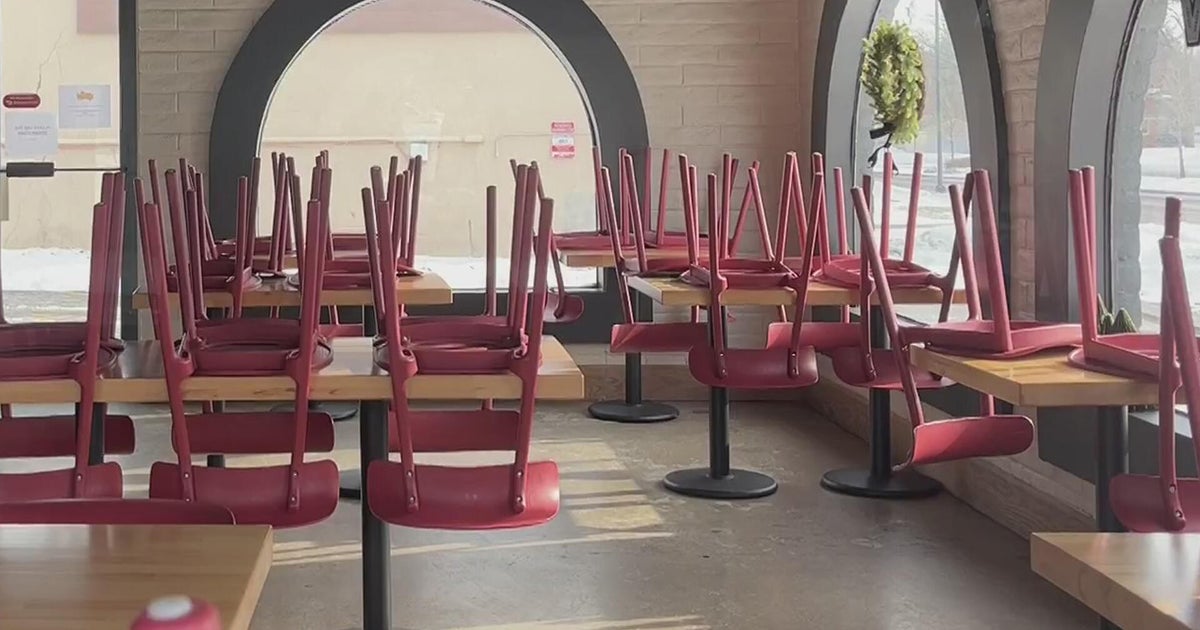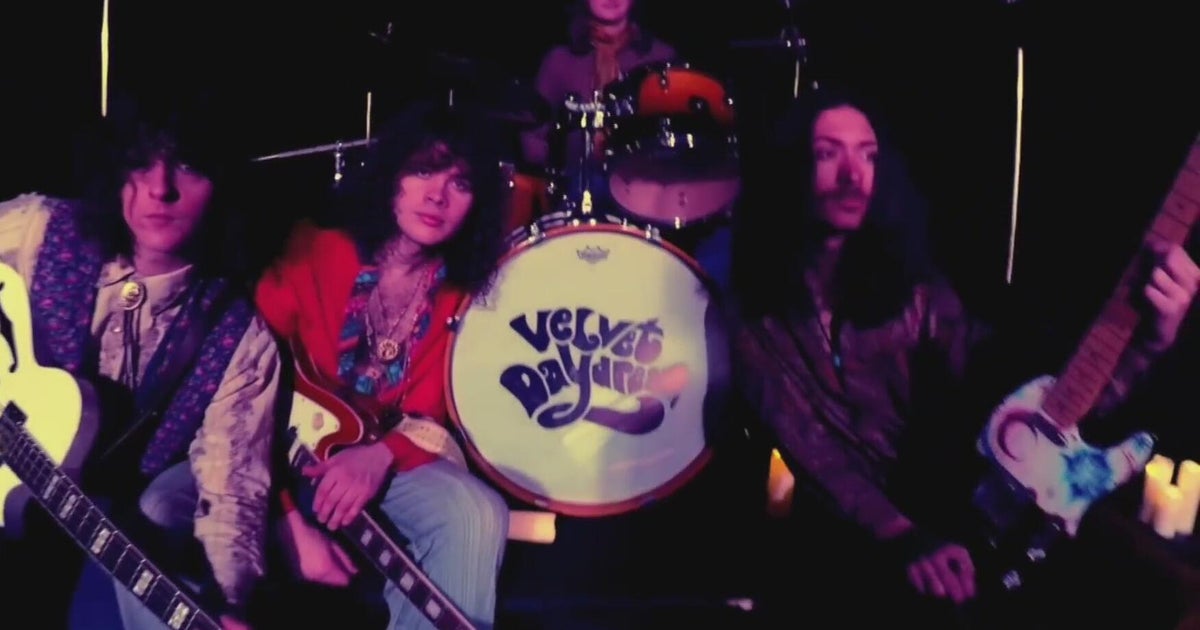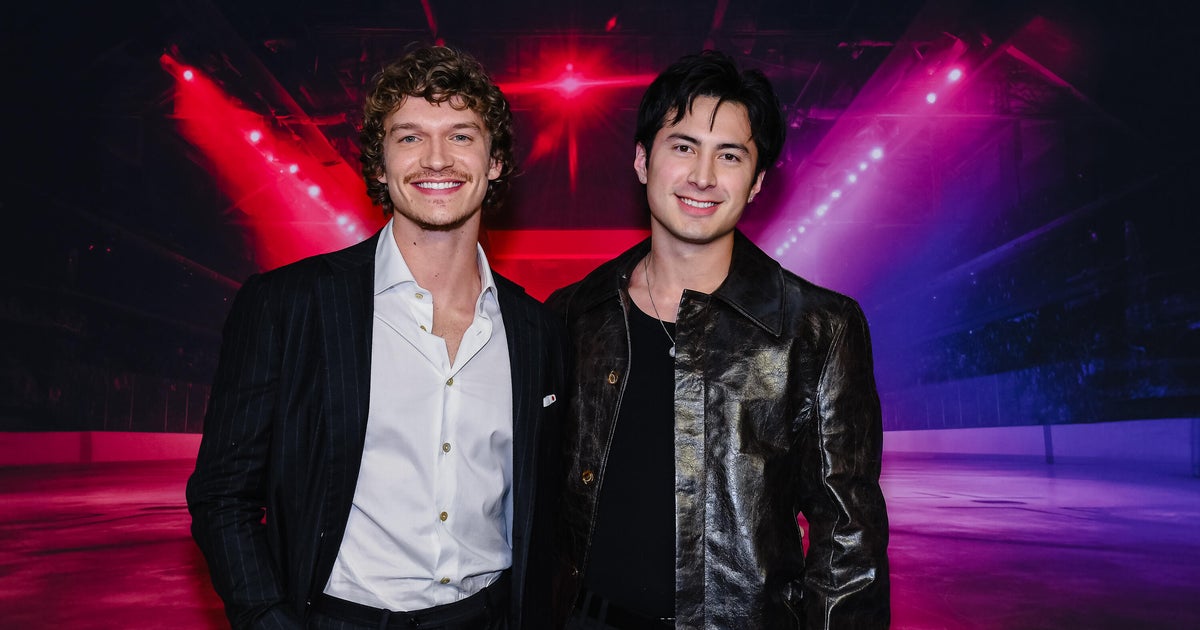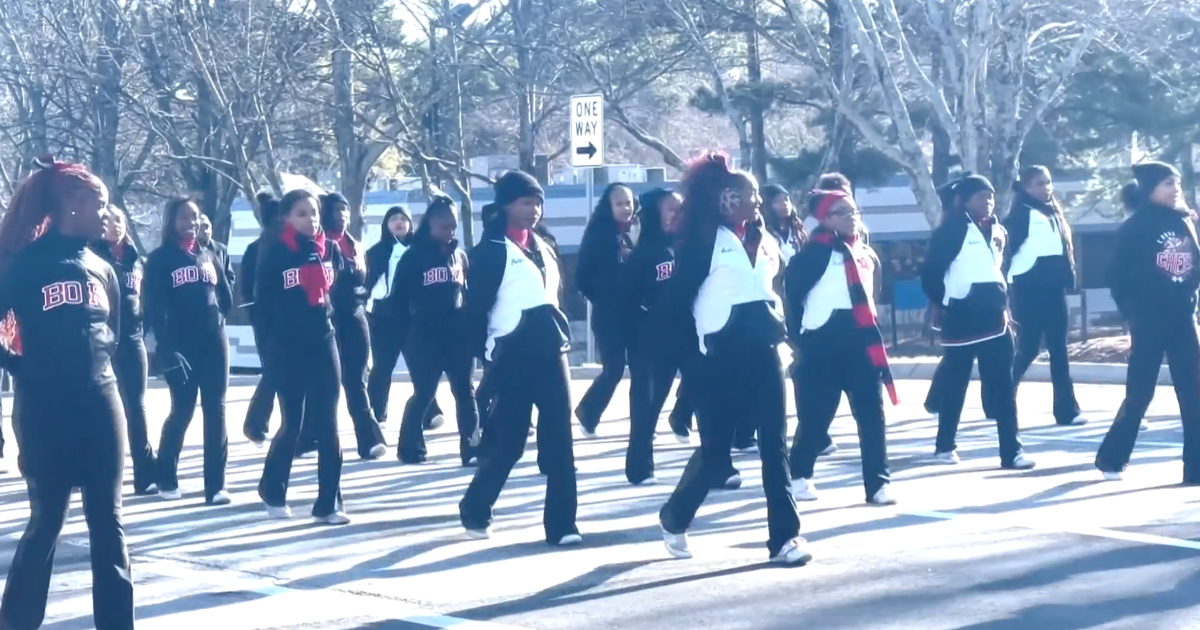San Francisco DJ fights stereotypes with music
The gatherings are called Habibi's House, which in Arabic means, my love.
But truth be told, it's a house for everyone.
DJ Habibeats, also known as Ibrahim Abu, Ali Is a Bay Area native spearheading a booming cultural movement by blending middle eastern sounds, with countless cultural mixes.
Recently signed with Empire, the DJ and artist credits his San Francisco upbringing as the foundation for his creative path.
"Growing up, I listened to everything. I was a big hip hop head, I was really big into Arabic music, because our parents are immigrants. And you know, that was a big part of our culture, and our community."
And now, as a first generation Palestinian American, he is rallying the broad pan-Arab community to connect the sounds of the East with the diversity of the West. From Afrobeats, to Latin rhythms, there is no genre off the table for the eclectic DJ.
"It's fun, it's cultural, it's high energy, and it's a big big mix of like, different types of genres and energies."
Ibrahim says growing up in the U.S., in a post 9/11 era, he felt the pressure of negative stereotypes 1st hand. But he believes the newer generation is awakening to a broader understanding of the region.
"I could just notice the shift. When I was a kid. Middle eastern culture and music and everything about that, was not cool. Or was not thought of as cool. I knew it was cool. But it wasn't thought of as cool maybe. And it wasn't thought of as something I think people that weren't from the culture wanted to engage with."
But western culture was engaging, just behind the scenes. The influence middle eastern music has had on mainstream pop hits, from Jay Z's Big Pimpin, to Marc Anthony's Vivir La Vida, is vast. Now, as the DJ aims to unite diverse communities together through the universal language of music, he says the most meaningful part of the journey has been allowing, often misunderstood cultures, to feel included.
"Most of all, what I feel from people, is a recognition of being seen, and a recognition of representation, and feeling not like they're the odd one out."
Because at Habibi's house, the beat is all about, love.
